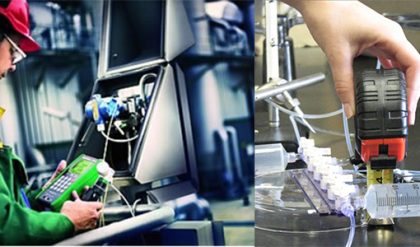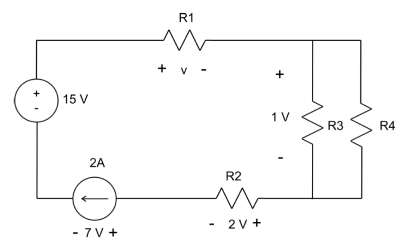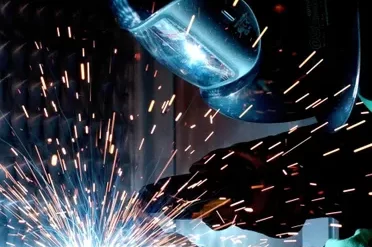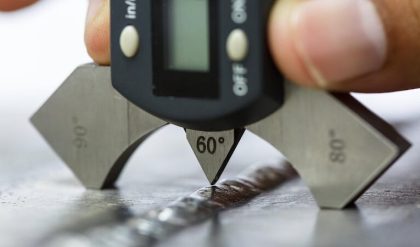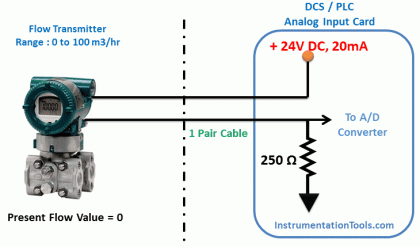Gate valves are classified as either rising stem or nonrising stem valves. For the nonrising stem gate valve, the stem is threaded on the lower end into the gate. As the hand wheel on the stem is rotated, the gate travels up or down the stem on the threads while the stem remains vertically stationary. This type valve will almost always have a pointer-type indicator threaded onto the upper end of the stem to indicate valve position. Figures 2 and 3 illustrate rising-stem gate valves and nonrising stem gate valves. The nonrising stem configuration places the stem threads within the boundary established by the valve packing out of contact with the environment. This configuration assures that the stem merely rotates in the packing without much danger of carrying dirt into the packing from outside to inside. Rising stem gate valves are designed so that the stem is raised out of the flowpath when the valve is open. Rising stem gate valves come in two basic designs. Some have a stem that rises through the handwheel while others have a stem that is threaded to the bonnet.
Gate Valve Seat Design
Seats for gate valves are either provided integral with the valve body or in a seat ring type of construction. Seat ring construction provides seats which are either threaded into position or are pressed into position and seal welded to the valve body. The latter form of construction is recommended for higher temperature service. Integral seats provide a seat of the same material of construction as the valve body while the pressed-in or threaded-in seats permit variation. Rings with hard facings may be supplied for the application where they are required. Small, forged steel, gate valves may have hard faced seats pressed into the body. In some series, this type of valve in sizes from 1/2 to 2 inches is rated for 2500 psig steam service. In large gate valves, disks are often of the solid wedge type with seat rings threaded in, welded in, or pressed in. Screwed in seat rings are considered replaceable since they may be removed and new seat rings installed.
